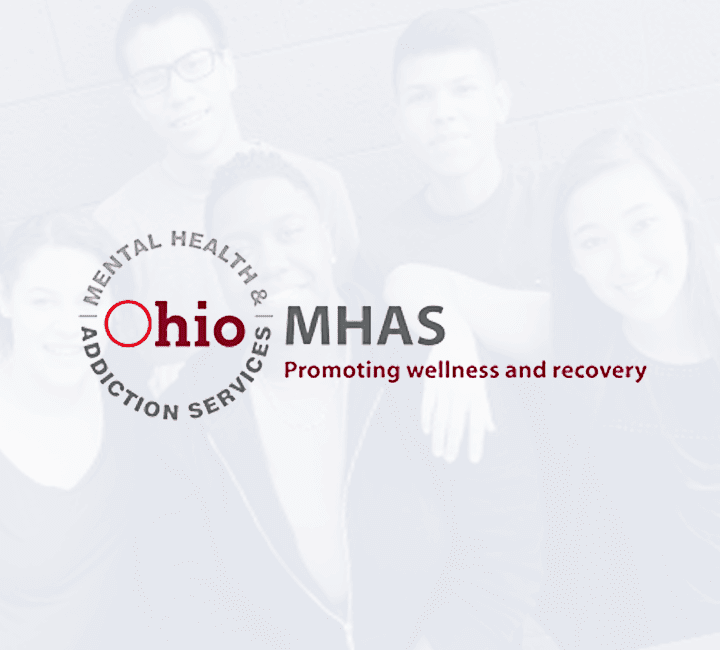Understanding Mental Health vs. Mental Illness: Your Mental Health is Unique to You
Exploring the Difference Between Mental Health and Mental Illness
Mental health is a vital part of who you are. It influences how you think, feel, and navigate the world around you. For young people, understanding mental health is especially important as you face new challenges, build relationships, and learn more about yourself. However, many people confuse mental health with mental illness, and it’s essential to know the difference. This understanding can empower you to embrace your journey and take the steps that work best for you—because your mental health is unique.
What is Mental Health?
Mental health refers to your overall emotional, psychological, and social well-being. It’s what helps you handle stress, make decisions, and connect with others. Good mental health doesn’t mean you’re always happy or never have tough days—it means you’re able to cope with life’s ups and downs.
What makes mental health so personal is that it looks different for everyone. One person might find calm in writing their thoughts in a journal, while another might feel balanced by talking to a trusted adult or taking a walk outside. What works for someone else might not work for you—and that’s okay. The key is finding what helps you feel steady and supported.
What is Mental Illness?
Mental illness, on the other hand, refers to specific health conditions that affect a person’s thinking, emotions, or behavior. Conditions like depression, anxiety, or PTSD are examples of mental illnesses that can impact everyday life. These are not weaknesses or flaws—they are medical conditions that can improve with the right care and support.
For young people, mental illness might show up as:
• Feeling sad or worried for long periods of time.
• Avoiding activities or friends you usually enjoy.
• Struggling to focus at school or finish tasks.
• Feeling overwhelmed, hopeless, or disconnected.
If you notice these feelings in yourself or someone close to you, it’s important to speak up. Mental illness is treatable, and asking for help is a brave first step toward feeling better.
Why the Difference Matters
Understanding the difference between mental health and mental illness can help reduce stigma and encourage more open conversations about emotions and struggles. Just like physical health, mental health exists on a spectrum. You might feel strong and resilient some days, while other days you might need extra support. Recognizing where you are on that spectrum can help you take the right steps toward improving your well-being.
Your Mental Health is Yours
What works for others might not work for you—and that’s what makes your mental health journey unique. Whether it’s finding comfort in creative outlets, spending time with people you trust, or reaching out for professional support, it’s all about discovering what makes you feel like the best version of yourself.
At H.Y.P.E., we’re here to support you. We believe in empowering young people to take control of their mental health with personalized care and compassion. Your mental health matters, and so do you.
You’re Not Alone
No matter what you’re going through, H.Y.P.E. is here to help. We’re dedicated to providing the care, resources, and encouragement you need to build a healthy, resilient future. Because your mental health is worth it—and so are you.





